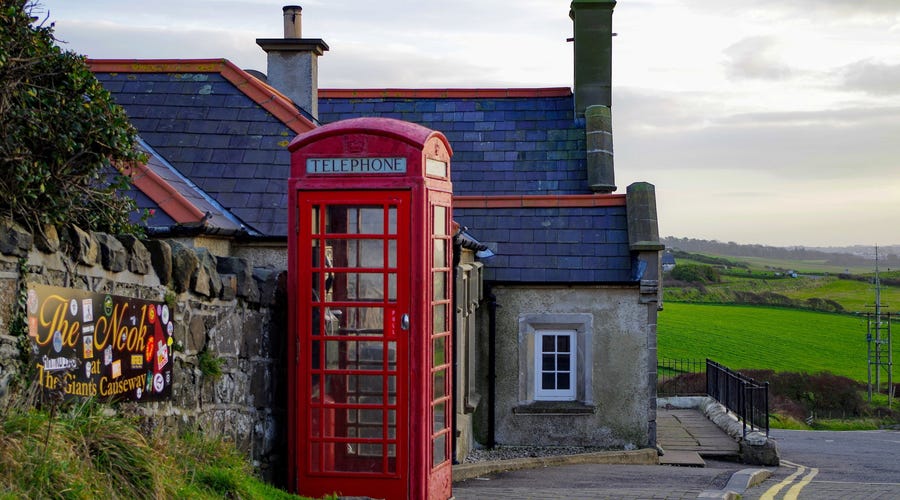How to say hello in English when you’ve never met the person before
- Nice to meet you. This is simple and courteous. You would use this form in a new English class, for example, when you are attending in person.
- So nice to meet you
- I’ve been looking forward to meeting you
- I’ve heard so much about you
- Hello and welcome. You would formally greet a group this way.
How to say hello on the phone, in a text, or email
- We use hello, hi, and our name on the phone. If we know the person, we might say hey, it’s me or just hi because the other person likely has us listed in their phone.
- In a formal text, we always use hi or hello. For an informal text, we don’t use any greeting because texting with people we know is usually a continuing conversation.
- We always use Hi for emails, or Dear… if it is very formal.
How to say hello while also emphasizing something else
- Hello again – we use this to greet someone we have only met once before; we say “again” to emphasize that we remember them.
- Well hello! – we use this to greet someone we’ve only met once, but very much liked.
- Helloooooo – this is a written form, and is used in short messaging as a greeting, but also to query an absence (where have you been all this time?)
How we say hello in English when the situation is tricky and we aren’t sure how we feel about it
English is full of voice tones and gestures that express courtesy. These are vital to keep conversations smooth and flowing and can also prevent conflict.
For example, when we greet someone we don’t like much, we often say, hiiiiiiii with a lilt. This sing-song tone can express tension and uneasiness and can be used to express enthusiasm that we don’t actually feel.
- Hiiiiiii, fancy meeting yuuuu here
- Heeeey, how r yuuuuu
- Oh My God….I did NOT expect to see you here!
- Oh wow. Ok. Hi…
- Oh hello. Sorry, I didn’t expect to see you!
When we’ve had a falling out with someone, we might say hello or hi in clipped tones that do not invite further conversation.
- Hey.
- Hi.
- Hello.
- A nod (with nothing actually spoken)
- A smile (and nothing actually spoken)
- A stiff smile (and then look away)




